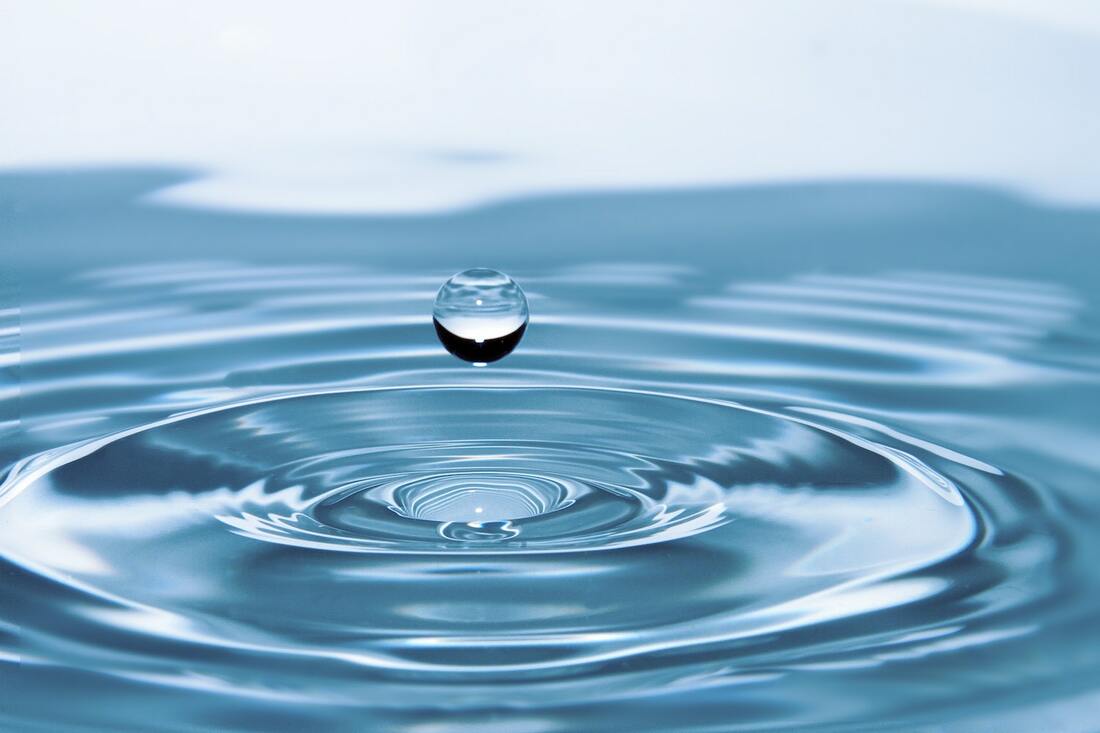|
Written by Tamryn Burgess Look at the ingredient list of most of your skincare and body care products and somewhere within the first few lines, you’ll see water or “aqua” listed; often right at the front. Trusting the brand has your best interest at hand, this may not have even been something you gave a second thought to. If water is listed, it must be there for a reason, right? In this article, we’ll explore why that may not always be the case, and how you can avoid purchasing products that aren’t properly formulated with your skincare needs in mind. WHY DO BRANDS USE WATER IN THEIR FORMULATIONS? Products like facial toners, shower gels, and moisturizers (to name just a few), contain upwards of 50% water in the formulation; some cases more than 80% water! This may seem like a tough pill to swallow, especially if you’re paying exuberant amounts for what could be a bottle of mostly water. There are certain reasons why skin and body care products do require water, however, and they include:
WHAT ARE THE CONS OF WATER IN SKINCARE FORMULATIONS? Unfortunately, in many cases, skincare brands use water in their products not for any reason mentioned above, but for reasons that may actually hurt not only your wallet but the health of your skin as well. Cheap filler ingredient In order to increase the amount of liquid in the bottle, not to mention their bottom line, certain brands add water for no real reason that benefits your skin. Even very expensive products contain an unnecessarily large amount of water! If you want to know exactly the percentage of water in the products you use, you should always feel comfortable reaching out directly to whatever brand you purchase your skincare from. If they’ve got nothing to hide, they should be forthcoming about it with you. Ingredients become less effective While some botanical extracts (like plant enzymes) do require water, other ingredients like skin nourishing oils do not. In fact, oils that are not diluted by water are able to deliver moisture straight to the skin’s cells, with their powerful actives. Even so, sometimes water is added to oil-based products (as a filler ingredient), in which case an emulsifier must be added as well. A very common emulsifier is sodium lauryl sulfate, which irritates the skin and poses major health risks at a concentration of 2% or more (1). May encourage bacterial growth When water is used in a skincare product, brands technically do not have to divulge the source of the water being used. This may mean that anything from simple tap water (which contains fluoride and chlorine) to distilled and alkaline water is used. Certain water sources contain microbes and fungi which overtime could breed bacteria in the product and affect your skin negatively. Something to keep in mind especially when making DIY skin care at home. Puts your health at risk Skin and body care products that contain water, also require the use of preservatives. Not all preservatives are created the same, but for the most part, harmful preservatives like parabens, triclosan, BHA & BHT, and sodium lauryl sulfate are used. These preservatives are absorbed by the skin and may cause anything from hormonal, nervous system, and endocrine disruptions, to increasing the risk of certain cancers and affecting fertility (2). May aggravate already dry skin This may seem like an odd point but have you ever come out of the shower, and a few minutes later your skin starts to feel tight? This is because water is actually drying for your skin, and not to mention… a big reason why you should never over-cleanse. When you wash your face too regularly, the water may actually strip your skin from its natural oils, which only leads to drying or aggravating already dry skin. So despite what conventional wisdom may tell you, using more water on your face isn’t the answer. Instead, use a moisturizing and restorative scrub that uses natural exfoliants for nourished skin. Only a temporary hydrating solution It’s true, there’s no way to combat that water is hydrating for the skin. But as you now know, the effects of water on your skin is short-lived. Only when a moisture locking ingredient or emollients is in the formulation, is it worth it. There is a downside to these emollients, however. Since they keep moisture locked in, a layer is formed on top of the skin, which also prevents the skin from breathing. Your skin’s natural microbiome needs to be treated to ingredients that balance it naturally, without disrupting its functions. SOURCES
0 Comments
|
Details
|

